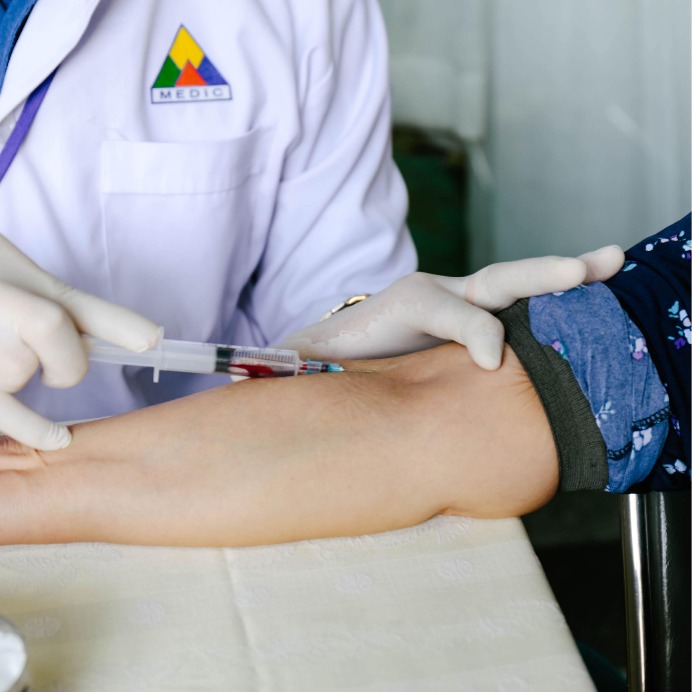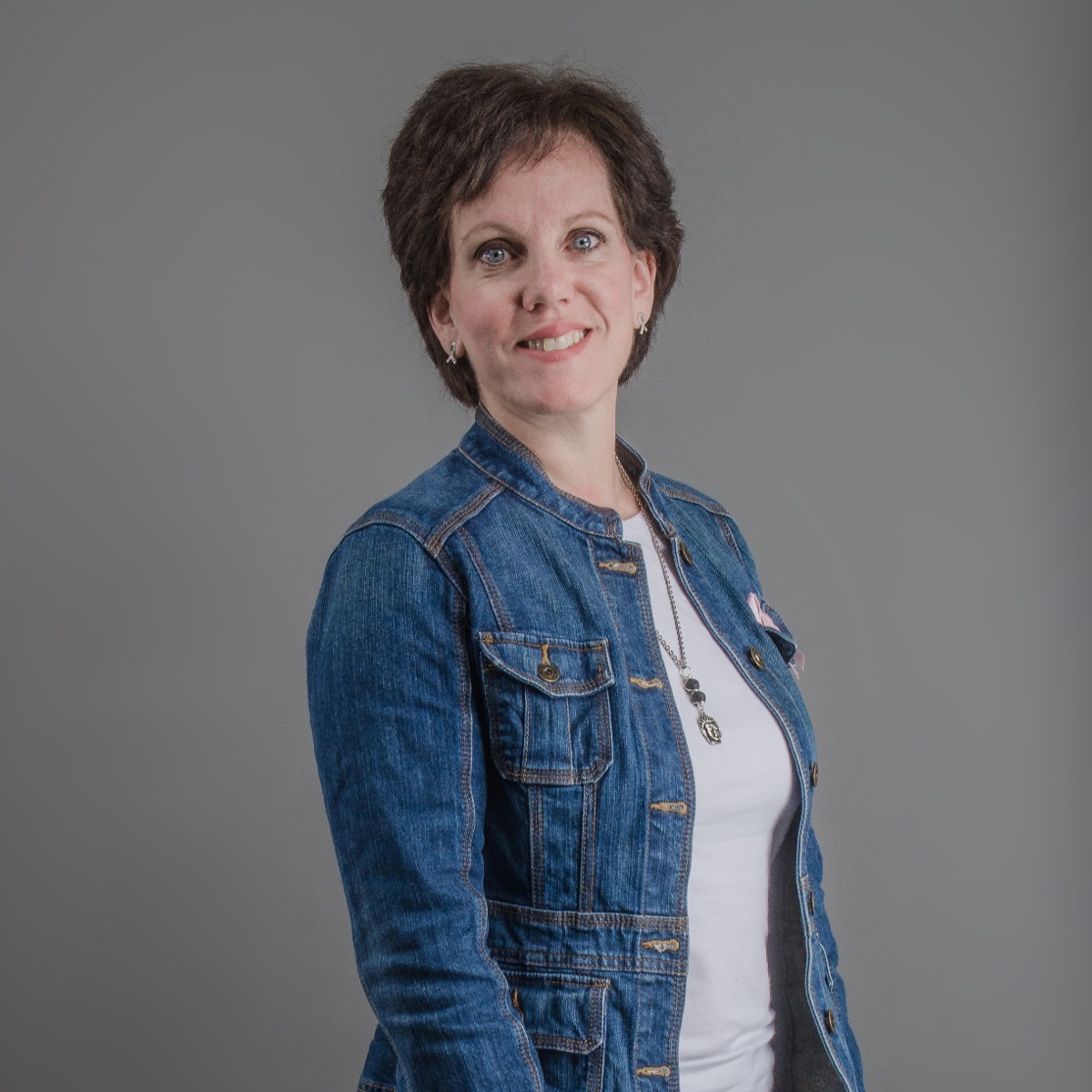By continuing to use our site, you consent to the processing of cookies, user data (location information, type and version of the OS, the type and version of the browser, the type of device and the resolution of its screen, the source of where the user came from, from which site or for what advertisement, language OS and Browser, which pages are opened and to which buttons the user presses, ip-address) for the purpose of site functioning, retargeting and statistical surveys and reviews. If you do not want your data to be processed, please leave the site.
The Voice of People With Breast Cancer
Education
Our Voices Blog
Tag : therapy
Navigating an Intimate Relationship: Avoiding a Communication Breakdown
For most couples, breast cancer is completely new territory, so it’s important for both of you to share how you’re feeling and coping. You can’t expect your partner to automatically understand what you’re going through, and the same goes the other way around. They might not know how to best support you, which is why being open about your emotions, needs, and worries can help you stay connected.
Free Your Mind: Five Must-know Free Psychotherapy Resources
A breast cancer diagnosis can leave you feeling winded, like you’ve been socked in the stomach and can’t breathe, or even think for that matter. That’s how I felt. I had no emotion, no tears and no anger when I first heard the words “you have breast cancer.” My mind and body simply froze and everything around me, including my mind, went hazy. I attribute this now to shock, which, in my opinion, is a fairly reasonable reaction to receiving such life-changing news. And while the haziness eventually wore off, the surrealness of my new reality remained overwhelming.
Your Questions Answered About Disputing Denied Insurance Claims Through the OmbudService for Life and Health Insurance (OLHI)
A common inquiry we receive from patients is what to do if their insurance company has denied their claim related to their cancer treatments. One service we often direct individuals to is the OmbudService for Life and Health Insurance (OLHI). But who are they? And how can they help you?
Clinical Trials Part 2: Debunking Common Myths About Clinical Trials
In part 1 of our blog series on clinical trials, we explained what clinical trials are, why you should participate in them and how to get more information about participating. You may now be familiar with clinical trials but still hesitant about enrolling in one because of certain concerns that you may have. These concerns are valid as many breast cancer patients have these same concerns. However, some of these concerns about clinical trials are ill-informed. In part 2 of our blog series on clinical trials, we debunk some of the most common myths surrounding clinical trials. We hope that this will provide you with some fact-based information to make a more informed decision about whether or not clinical trials are right for you.
Art and Music Therapy – how they can help you reduce stress and provide emotional support
When people think of therapy the most common therapy session that comes to mind probably includes a person sitting across from or lying down beside a therapist and talking about their feelings. But what if you can never quite find the right words to say to express yourself or talking through what you are feeling doesn’t seem to be helping? The truth is therapy comes in all shapes and sizes. People are looking for and creating new ways to help cope with the stresses in their lives.
Physical therapy vs Occupational therapy: What’s the difference?
Rehabilitation is an important aspect when recovering from or living well with breast cancer. Physical therapy (PT) and occupational therapy (OT) are terms we often hear when discussing rehabilitation, but we can sometimes confuse their true meanings.
Learning more about biosimilar treatment options
Biosimilar drugs will soon be entering the breast cancer treatment landscape and are already available for support medications. With these emerging treatment options, it’s important to know more about them so you can make informed decisions about your treatment plan.
Top 10 priorities for metastatic breast cancer research
It’s powerful what happens when patients, caregivers, and clinicians come together to look at research priorities; a broad list of questions that encompasses a variety of viewpoints emerges.
One out of Nine: How this art exhibit tells my story, and has helped me heal
At the age of 46, I was diagnosed with stage two/grade three multifocal, invasive lobular and ductal breast cancer. I had found the lump myself after a year of constant infected cysts in my breast. I had been told I had very dense breasts, which is part of the reason the cancer was not visible on a mammogram. I had it confirmed by biopsy and had a right mastectomy followed by four rounds of chemotherapy. Six months later, I chose to have my left breast removed and began reconstruction.
How I regained control of my life when breast cancer made me feel like I had lost it
My journey began on New Year’s Eve 2015, when I noticed a red mark on my right breast. It wasn’t long before my stomach dropped and I felt my face flush while my throat did that swallowing action reserved for moments just like this.
Depression, anxiety and ways to cope
If you’re a breast cancer patient who’s experiencing significant depression or anxiety, you’re not alone. Roughly one-quarter of breast cancer patients get help for anxiety or depression during their treatment. There are many reasons a person may feel anxious or depressed because of their cancer diagnosis.














